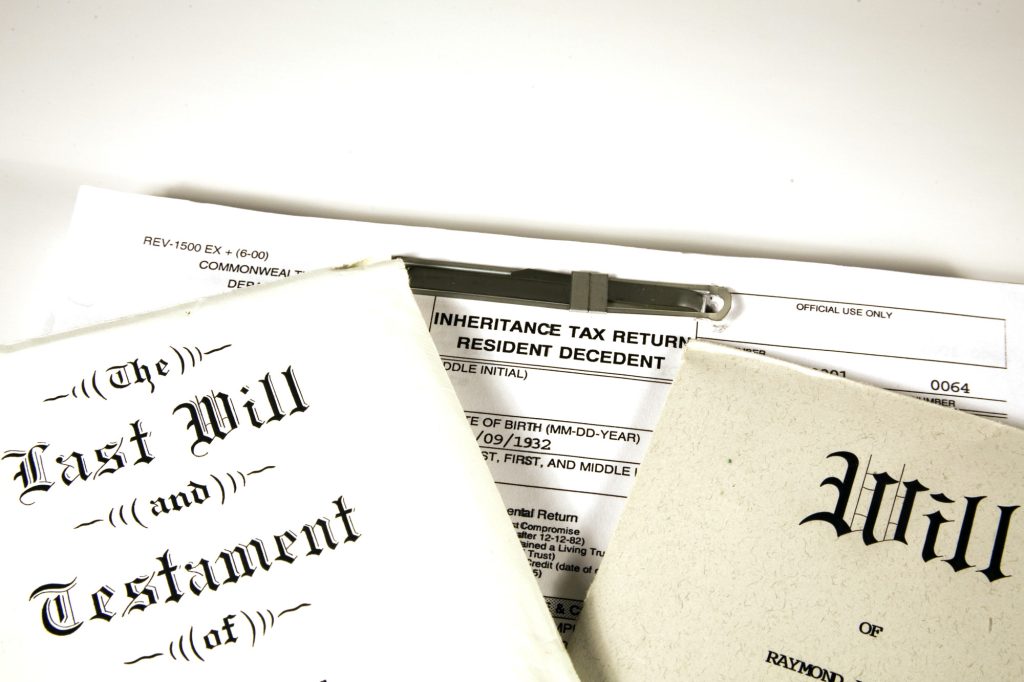Do you have children? Do you own assets? Then protecting your estate after you’re gone is a must.
If you don’t legally plan your estate, the courts will have to do it for you. Having your wishes written down in a legal document can spare your loved ones a lot of difficulties and unwanted family friction.
But estate planning can be a little confusing if you’re not an attorney. If you’re like most people, you probably don’t even know the difference between a will and a trust. So what should you do? Keep reading to find out.
What Is a Will?
A will is a legal document that specifies where you want your finances and possessions to go after you die.
In a will, you can appoint an executor and name your beneficiaries. You can also designate guardians for your children and leave instructions about how you want your assets distributed.
After your passing, your will gives the executor of your estate the right to administer your assets. They will be responsible for distributing financial assets to beneficiaries and sorting out financial liabilities.
Wills must be submitted to the probate court to ensure it is legal and valid. Once verified, the executor of the will can begin to administer the estate.
If you don’t have a will then the courts will distribute your assets. Your family will also need to seek help to obtain guardianship of your children. Probate court can get complicated if you don’t have a will.
By getting help from an attorney to write up a will, you can save your loved ones a lot of trouble.
What Is a Trust?
Creating a trust is another method for looking after your estate.
Unlike a will, which only goes into effect when you die, a trust takes effect immediately once you create it.
A trust allows you to give another person, or institution, the ability to handle your estate. This person/institution is called a ‘trustee’ and they have authority over your assets for the benefit of your beneficiaries.
There are different types of trusts. For example, a revocable living trust is created while the owner is still alive and can be changed. Once the owner dies, the trust becomes operational.
Once established, there are no more legal fees for a trust. Another advantage of a trust is that it lets you bypass the probate court. After your passing, your property is passed directly to your beneficiaries.
Trusts can be expensive to create and administer. Consider creating a trust only if you have significant assets.
What’s the Difference Between a Will and a Trust?
A trust takes effect after its creation while a will only kicks in when you die. The probate court must verify a will, while a trust does not need court approval.
A trust is important, especially for your larger assets (house, boat etc). However, you also need a will. You can use a will to divide up your smaller possessions and specify guardianship for your children.
Protect Your Estate
Now you know the difference between a will and a trust.
Sorting out your estate gives you the peace of mind knowing that your finances and possessions will be taken care of when you’re gone.
Deciding how you want your estate distributed can make your loved ones’ lives a lot easier. On the other hand, if you don’t plan your estate, your family may end up going to court and this could cause a lot of unwanted friction.
If you need help planning your estate, schedule a consultation with us today.

